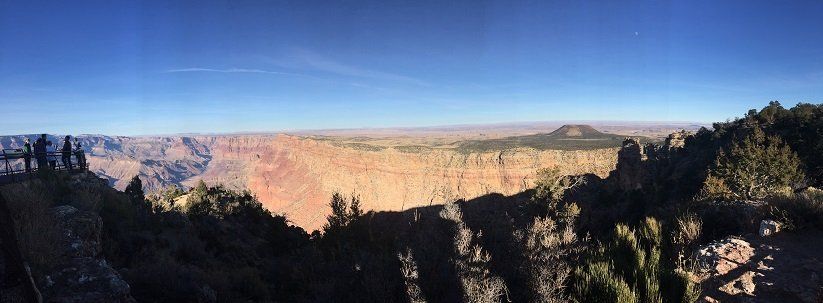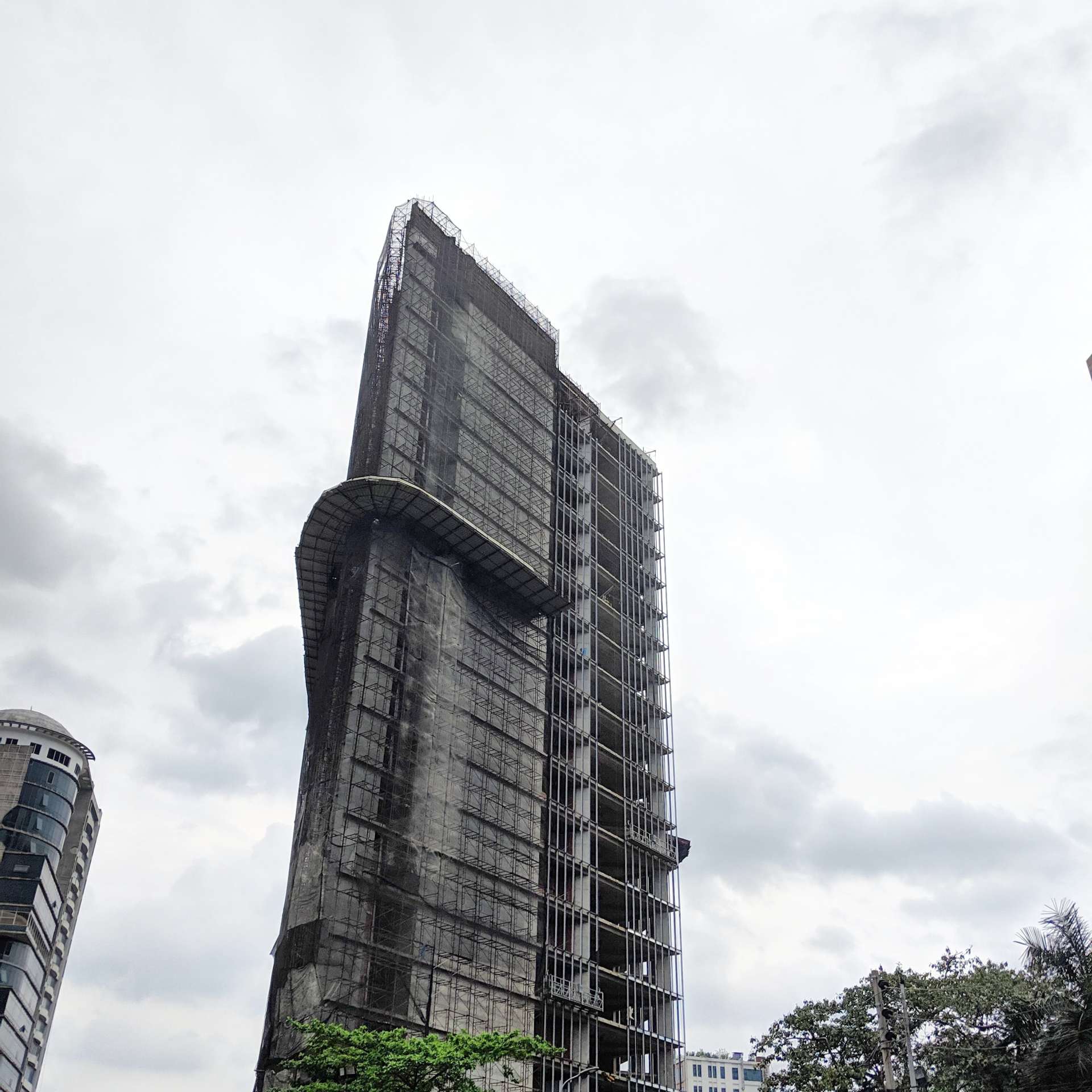
The Grand Canyon
A while ago, I got to go and see one of the seven natural wonders of the world, the Grand Canyon.
We drove to the South Rim from where we were staying, and arrived in the late afternoon. It was hot and sunny, and we didn’t really know what to expect from the wonder. As we rolled in, there were lots of trees and shrubbery around, making it difficult to see the canyon yet. We drove through several different parking lots until we found a place to park. It was surprisingly busy!
From the parking lot, we walked down until we found a path going along the South Rim, and followed it, enjoying the breathtaking views along the way. There were lots of areas along the ridge that allowed you to sit on the ledge and look over the canyon, without the risk of falling down into the canyon.
At one point, we found a trail heading down into the canyon, and we went part of the way down. Part way, we stopped at a funny little outcrop to enjoy the view. In a future visit to here, I would enjoy hiking all the way down to see the wonder from a different perspective. After this, we hiked back up and continued on our way.
As we walked around, we came to a tower with a fantastic view of the canyon. In the bottom of the tower was a shop with souvenirs, and we went up a winding staircase to the top of the tower. At the top, a thick wooden door led to a large balcony with a fantastic view of the canyon. By the time we got here, we were able to catch the sun setting over the natural wonder. The sunset filled the sky and the Grand Canyon with breathtaking shades of yellow, red, and orange. It was an incredibly memorable end to a beautiful day at the Grand Canyon.

The real estate downturn - the fact that
housing prices aren’t exploding as they have been the last few years -
continues to make developers with condo projects in some stage of completion
very nervous about making as much as they projected, and promised to their
investors, and bankers and rivals and wives.
It is a real downturn, to be clear. The Real Estate Board of Greater Vancouver
claims
that we’re currently in the biggest housing slump of the last 19 years. There
are currently 25,158 condo units under construction in Metro Vancouver. At
least 5,000 of those units have been taken off the market temporarily, in hopes
the market will get back to golden soon. It’s hard to get rid of the visions of
the block-circling lines of buyers from what seems like yesterday.
A big reason for the halt in pre-sale condo
purchases is the introduction of the foreign-buyers’ tax in August 2016. Condos
went from being on the market for mere hours to lingering there for what’s now
an average of 40 days or more. While this was presumably the point, the less
desirable consequence is the parallel pause
in the much-needed rental units that are part of a good number of these
projects.
For those developers who’ve chosen to stay
in the race, the incentives for prospective buyers are fast becoming a source
of entertainment for the spectators. So far, they’ve included the incredibly
pandering ‘avocado
toast’
incentive for buying a unit in a West Coquitlam project built by
Woodbridge Homes. The ploy definitely worked, as a media primed to write about
anything millennial went wild with the story, resulting in Woodbridge moving
60% of their inventory after the announcement. (They also reduced the down
payment from 15% to 10% of the cost of the unit, but that’s boring.)
Not to be outdone, Wesgroup decided to add
a free glass of wine every day for a year to their list of buyer perks for
their new development in the River District. This adds to their discounts of
$10,000 for 1 bedrooms, $15,000 for 2 bedrooms and $20,000 for three bedrooms
in the new project.
The same company threw a bone to its rental
customers, offering to pay for moving expenses for new residents of their New
Westminster purpose-built rental project.
Other companies have enticed buyers with
six months of free living; a $5,000 gift card to Urban Barn; and free skiing
and golf for a year plus mountain bikes for the family (or just the cash
equivalent). There’s also just a much more enticing environment for
negotiations on things like decoration services, amenity upgrades, parking
stalls and the like.
So it’s a good time to buy if you have the means. And it’s a good time to get creative with demands. Gym memberships? Vacation packages? Season tickets to the Canucks? It’s all on the table. As the old folks say, you never know how far a frog’ll jump until you poke it.


